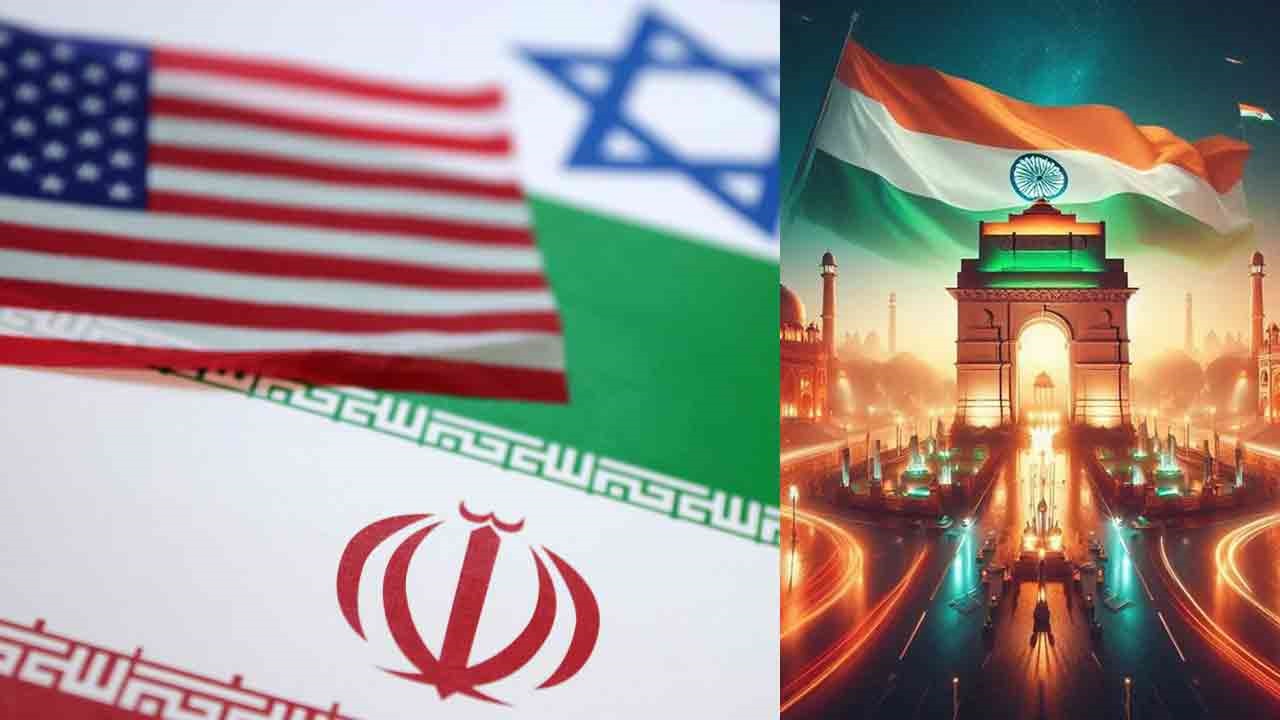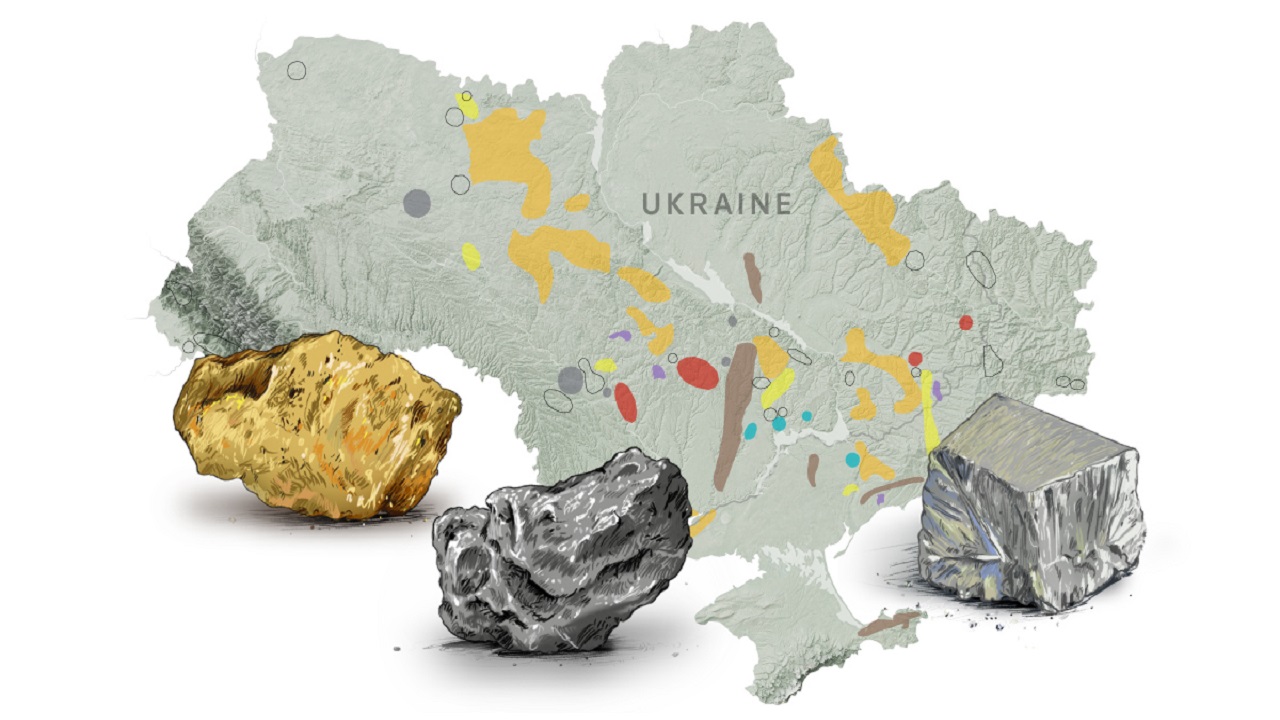Israel–Iran Conflict: Escalation and Implications for India
Current Status:
The Israel–Iran conflict has escalated into a full-blown warzone, with both nations now attacking each other’s territories and infrastructures directly.
Brief History of Israel–Iran Tensions
-
1953: US backed a coup in Iran, reinstating Shah Pahlavi to power.
-
1957: US-Iran nuclear cooperation began with reactor and uranium support.
-
1970: Iran ratified the Nuclear Non-Proliferation Treaty (NPT).
-
1979: Islamic Revolution toppled the Shah, severing US-Iran ties.
-
1984: US supported Iraq during its war with Iran.
-
1995: Russia aided Iran in building a nuclear reactor.
-
2002: Western intelligence exposed Iran's secret enrichment program.
-
2010: Cyberattack (Stuxnet virus) damaged Iran’s centrifuges — allegedly by US-Israel.
-
2015: A global deal was signed to limit Iran's nuclear activities.
-
2018: US exited the deal under Trump administration.
-
2020–2021: Israel intensified attacks; Iran enriched uranium up to 60%.
-
2023: Iran supported Hamas’s attack on Israel from Gaza.
-
2024: Direct attacks began: Israel’s “Operation Rising Lion” vs. Iran’s “True Promise 3”.
Why Israel and Iran Matter to India
-
West Asia’s Role: Provides 54% of India’s oil imports and 40% of remittances.
-
Israel: A key defence partner, with imports rising from $5.6M (2015) to $128M.
-
Iran: Though trade fell to $1.4B in 2024, Iran remains vital for energy and connectivity.
-
Diaspora: Around 10,000 Indians in Israel and 25,000–30,000 in Iran.
-
Strategic Routes: Projects like the India-Middle East-Europe Corridor (IMEC) and International North-South Transport Corridor (INSTC) rely on both nations.
Impact on India
-
Trade Disruption:
-
India-Israel trade dropped from $11B (2022) to $3.75B (2024).
-
Iran trade declined to $441M amid payment delays and risks.
-
-
Energy Risk:
-
60–65% of Indian oil imports pass through the Strait of Hormuz, now under threat.
-
Rising oil/LNG prices could strain the Indian economy.
-
-
Connectivity Delays: Conflict affects progress on IMEC and INSTC.
-
Spiraling Costs: Shipping, insurance, and import costs could rise, affecting inflation.
Geopolitical Challenges for India
-
Balancing Act: US and G7 back Israel, while the Global South sympathizes with Iran.
-
Pakistan Angle: Potential US-Pakistan cooperation in Iran may complicate India’s stance.
-
BRICS Dilemma: With Iran in BRICS, India must navigate group positions carefully.
-
Gulf Relations: India must also manage ties with other Gulf nations amid rising tensions.
India’s Response So Far
-
Calls for Peace: India urged restraint and dialogue from both sides.
-
Diplomatic Outreach: EAM Jaishankar held discussions with Iranian leaders.
-
Neutral Stance: MEA avoided direct criticism of Israel or Iran.
-
SCO & UN Abstentions: India dissociated from SCO's anti-Israel statement and abstained from a UN ceasefire vote.
-
Evacuation Effort: Launched Operation SINDU to bring citizens home safely.
The Road Ahead for India
-
Diplomatic Role: Push for de-escalation through Track II dialogue involving regional and global players.
-
Energy Diversification: Reduce dependency on Gulf oil routes.
-
Strategic Navigation: Balance ties with Israel, Iran, the Gulf, and global blocs like BRICS, SCO, and Quad.




Comments (0)